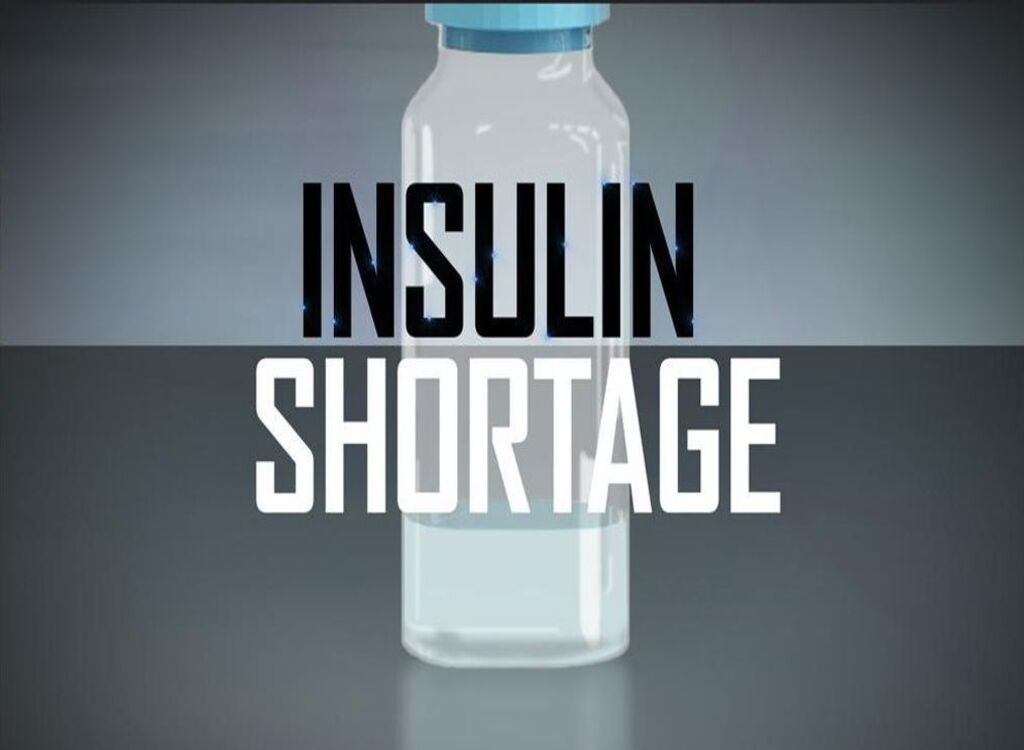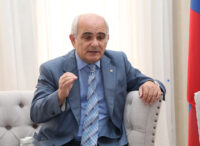Despite recent assurances from Health Minister Dr. Nalinda Jayatissa that Sri Lanka maintains a three-and-a-half-month reserve of insulin, a critical shortage of key insulin types has gripped government hospitals, leaving thousands of diabetic patients in a precarious position.
Data from the Ministry of Health’s medical supply database, updated as of 3 p.m. yesterday (29), reveals that two of the most widely used insulin types in state-run diabetes clinics—Insulin injection soluble Aspart 30% with Protamine 70% (100U/ml, 3ml pre-filled syringe) and Insulin injection (soluble insulin) 300 IU/ml Cartridge—are entirely out of stock across the public healthcare system.
This shortage has forced patients to turn to the private sector, where costs are significantly higher. “Only the missing types are available in private pharmacies,” confirmed Chandika Gankanda, President of the All Island Private Pharmacy Owners Association.
In contrast, the government’s Medical Supply Division holds a limited stock of 12,477 vials of isophane insulin (NPH insulin), a formulation derived from human insulin that is reportedly not sold in private pharmacies.
Sri Lanka is grappling with an increasing diabetes burden, with 14.6% of the population diagnosed, according to the Ministry’s Non-Communicable Diseases Unit. The country’s annual insulin requirement exceeds three million units, a demand met by just six private suppliers.
During a Cabinet media briefing on Monday (28), Minister Jayatissa acknowledged the crisis, attributing the shortage to a supplier’s failure to deliver contracted quantities. He insisted that a new stock, sufficient for over three months, was imported on April 12, and further shipments are expected within two weeks.
“The procurement process, from tender to delivery, takes up to nine months,” the Minister said, highlighting the vulnerability of current supply chains. He added that the government is in negotiations with seven countries to fast-track future imports and intends to establish a reserve stock to prevent future disruptions and safeguard against supplier manipulation.
Still, the impact on patients is already being felt. Dr. Chamil Wijesinghe of the Government Medical Officers’ Association warned that the absence of insulin in public hospitals is forcing patients to seek expensive alternatives, jeopardising long-term treatment adherence.











Leave a comment